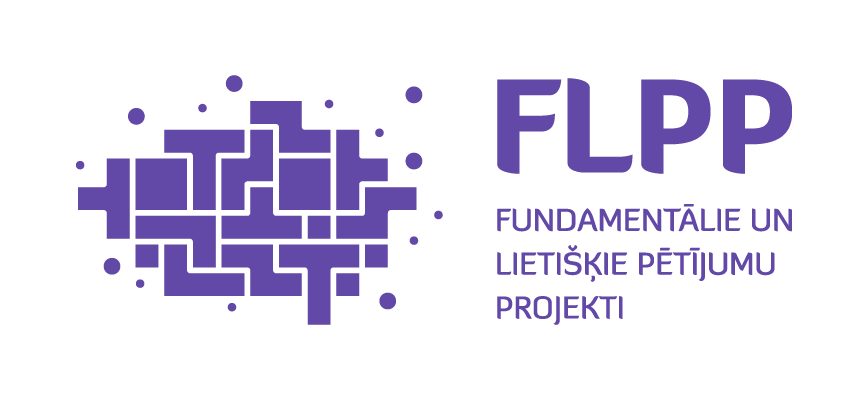Forest industry by-product transformation into valueable bio-polyols using advanced heteregeneous phase biocatalyst and characterization of the process kinetics (FORinPOL)
Call, activity
Project goal
Aim of the project: The project objective is to develop highly efficient and “green” polyol synthesis method by using heterogeneous enzymatic catalysis.
The synergistic approach of FORinPOL project will bring together & extend core chemical knowledge on the effective use of local natural resources while respecting Green chemistry principles. A second-generation, local and renewable feedstock, tall oil - a by-product of the cellulose pulping, will be used for polyol synthesis. The innovation of proposed approach in FORinPOL project is that the epoxidation of tall oil will be carried out by in-situ generated peroxy acid in presence of heterogeneous phase biocatalyst. Project aims to eliminate low molecular-mass organic intermediate products (an industry standard) by the use of tall oil as oxygen carrier in epoxidation. Kinetic model for the proposed tall oil epoxidation process will be developed in order to optimize process parameters (highest oxirane group yield) and to further up-scale tall oil epoxidation for the widely used continuous-type reactors in chemical industry. The chemical & physical factors that lead to the degradation of biocatalyst will be investigated.
The objectives will contribute towards knowledge intensive bioeconomy, which is a cornerstone for Latvia`s and European Union`s sustainable growth and development. The FORinPOL project will focus on industrially feasible and up-scalable technologies while taking into account sustainability of developed products and technologies.
Place of project implementation – Latvian State Institute of Wood Chemistry (LSIWC), Dzerbenes str. 27, Riga, LV-1006 (koks@edi.lv).
Planned total duration of the project – 24 months.


